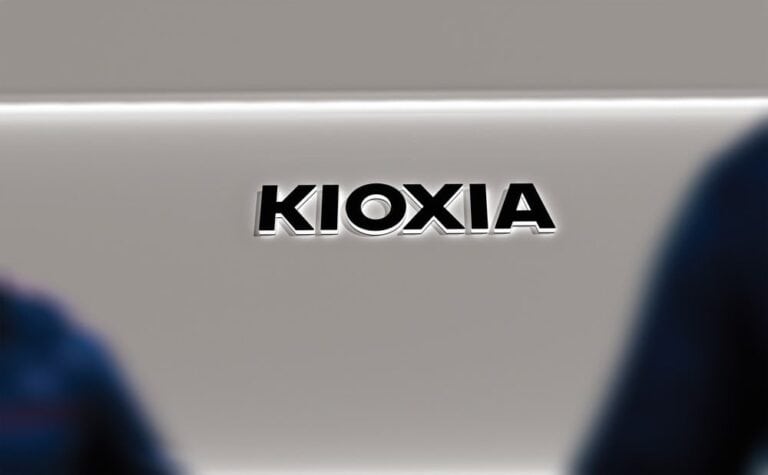Kioxia took a significant hit on the stock market this week after an investment vehicle affiliated with Bain Capital put a large block of shares on the market.
Bloomberg reported on the sale by Bain Capital. The sale, worth more than $2 billion, took place at a substantial discount and put pressure on the share price of the Japanese memory chip manufacturer. Investors reacted nervously to the signal that a major shareholder is willing to reduce part of its position.
Information for institutional clients shows that BCPE Pangea Cayman LP transferred approximately 36 million shares to parties outside Japan. The sale price was significantly below the previous day’s closing level. Despite this transaction, Bain Capital remains a dominant shareholder, as the consortium that acquired the company in 2018 still holds a significant stake.
Growing demand for NAND flash
The timing of the sale is striking. Since Kioxia’s IPO, the company’s valuation has risen sharply, fueled by optimism about the role of memory chips in the rapidly growing AI market. Technology companies worldwide are investing heavily in new data centers, which is driving up demand for NAND flash memory.
The share price drop came at a time when Kioxia was already under pressure due to disappointing quarterly figures. The company had reached a record high earlier this month, but had to give up some of those gains when the results fell short of analysts’ expectations.
Kioxia is investing heavily in expanding its production capacity in Japan to improve its competitiveness. A new production line at the Kitakami factory was recently launched and is expected to deliver advanced chips starting next year. Expansion is also in full swing in Yokkaichi, with the aim of significantly increasing total production within a few years.
Despite the turmoil surrounding the sale of shares, the outlook for the memory sector remains more positive than in recent years. Analysts expect 2026 to be a year of recovery, with demand for storage and memory continuing to increase.
